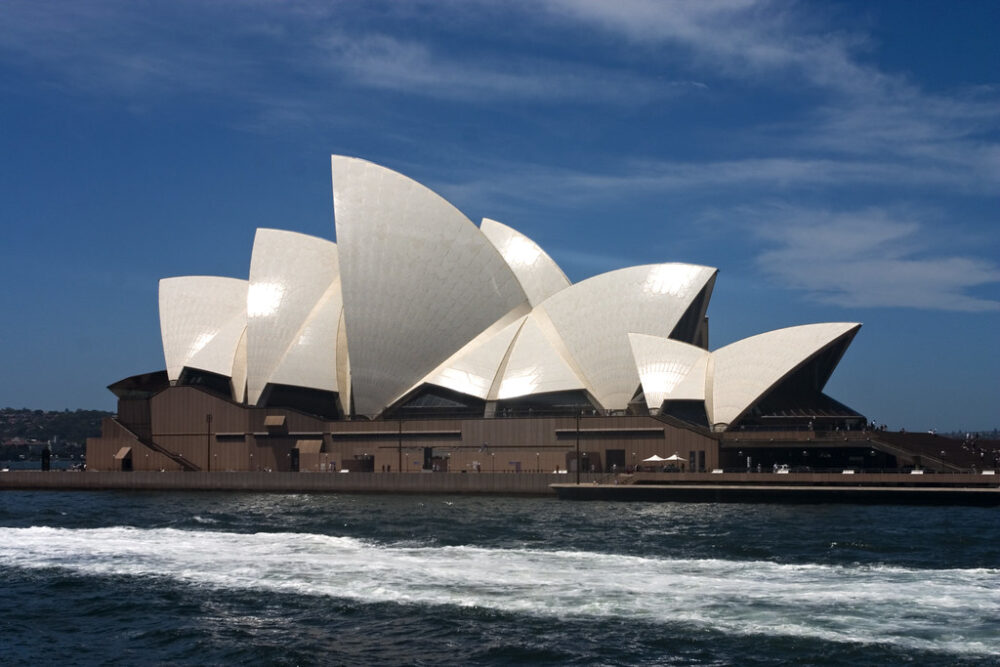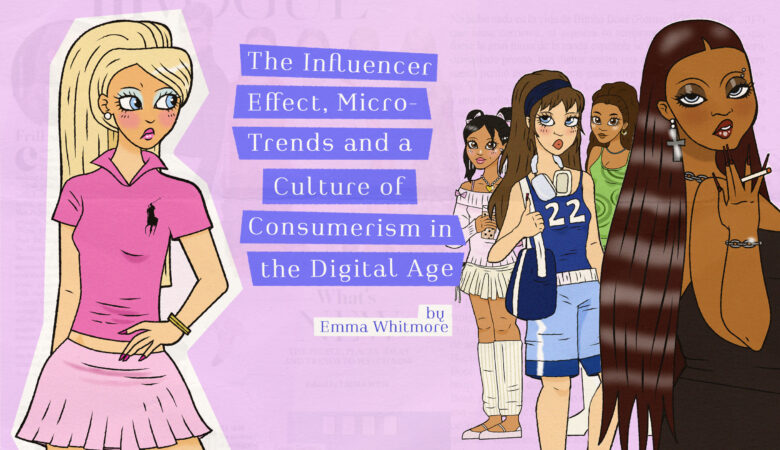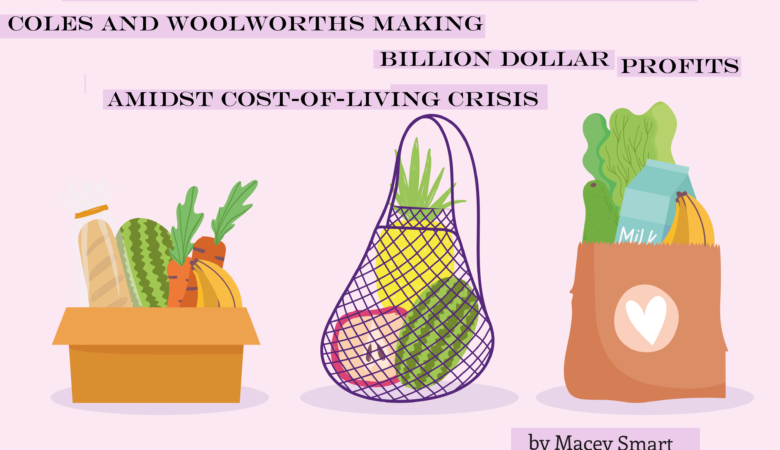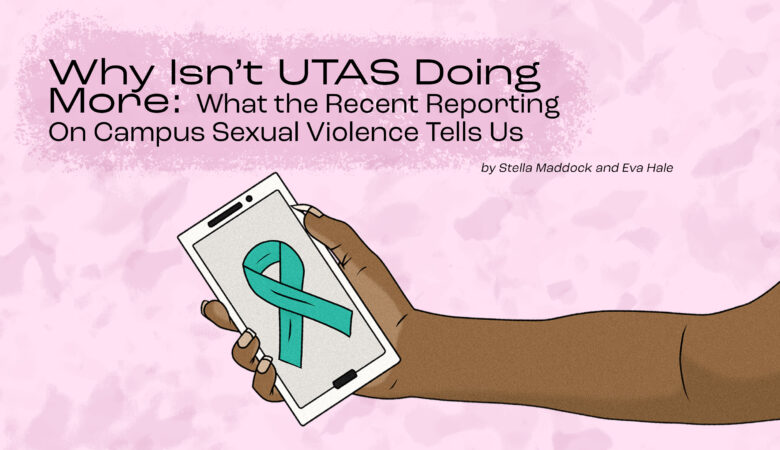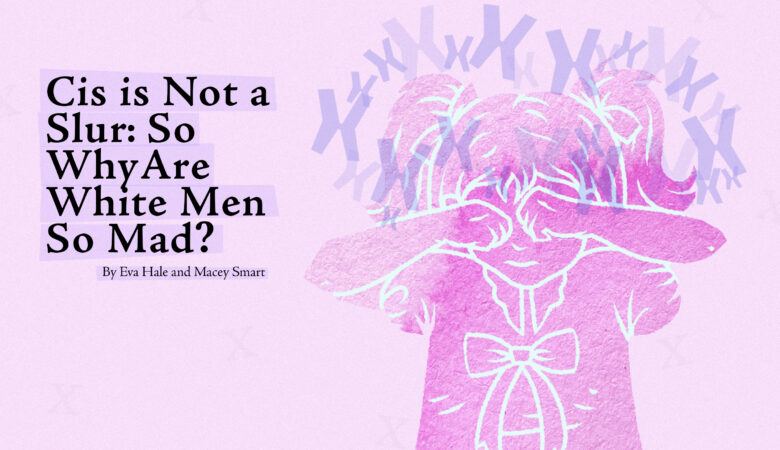Sydney’s premier arts festival has drawn headlines this month after scores of performers have withdrawn in protest of a sponsorship deal made with the Embassy of Israel.
The Sydney Festival’s line-up was thrown into disarray just days before it was slated to begin on the 5th of January, with more than 20 acts cancelling their performances. Among the most notable include comedian Tom Ballard, burlesque entertainer Betty Grumble and Malyangapa and Barkindji musician Barkaa. Other acts such as a production of Seven Methods of Killing Kyle Renner by Jasmine Lee-Jones and Wiradjuri artist Karla Dicken’s installation Return to Sender are set to continue, but will do so in a separate capacity from the festival.
The controversy stemmed from the Sydney Festival’s acceptance of $20,000 from the Embassy of Israel to stage a performance of Decadence by Israeli choreographer Ohad Naharin. The decision drew accusations of ‘artwashing’, with critics deriding the Israeli government’s financial support of the festival as a cynical means through which to normalise their oppression of the Palestinian people.
Boycott of the Sydney Festival is just the latest action within the Boycott, Divestment, Sanctions movement (BDS). BDS seeks to end international complicity with Israel’s apartheid regime and pressure the country to comply with its obligations under international law. These include providing full legal equality to Palestinians living in Israel, withdrawing Israeli settlements in occupied territories, and ensuring a right of return for dispossessed Palestinians refugees.
Relevant to the Sydney Festival’s recent controversy, is BDS’s call for a cultural boycott of Israel. BDS supporters claim that Israel mobilises culture to deflect from its illegal occupation and denial of Palestinian rights, a fact which Israeli state officials freely admit. In the same vein as South African anti-apartheid activists, BDS thus calls for the boycott of events, activities and projects involving the state of Israel, its lobby groups, and cultural institutions.
Peta Fitzgibbon is the President of Friends of Palestine Tasmania, a community group that advocates for the Palestinian people’s right to self-determination. Ms. Fitzgibbon praised the bravery of artists who’ve chosen to withdraw from the festival:
“I believe it’s like Desmond Tutu said about Palestine. If you understand the issues and you’re not for the Palestinian people, you’re on the side of the oppressor […] Everything is political. I think that for the artists it is an opportunity to use their voice to stand up for the injustices in a non-violent way, but a political way. An opportunity to raise the issue of the ongoing illegality of and expansion of Israeli settlements, the impunity which the Israeli state has, and the lack of commitment from the international community for any real peace process that is going anywhere.”
Ms. Fitzgibbon sees the BDS movement as a peaceful way to protest Israel’s human rights abuses, giving individuals the ability to effectuate change:
“It’s a non-violent protest. It aims to highlight the reality of Israel being an apartheid state. The obvious example is the recent 2018 act which basically says that Israel is the nation state of the Jewish people. It is a way that individuals in their own country can make a stand against those companies that do business with the Israeli government and also brings home that here in Australia, there are things we can do.”
While the Sydney Festival’s board of directors has said that it has ‘spent time with a number of groups who have concerns about this funding and welcomed the opportunity to engage with them’, it later reaffirmed its commitment to accepting financial support from the apartheid state.
“Sydney opera house” by jimmyharris is licensed under CC BY 2.0

